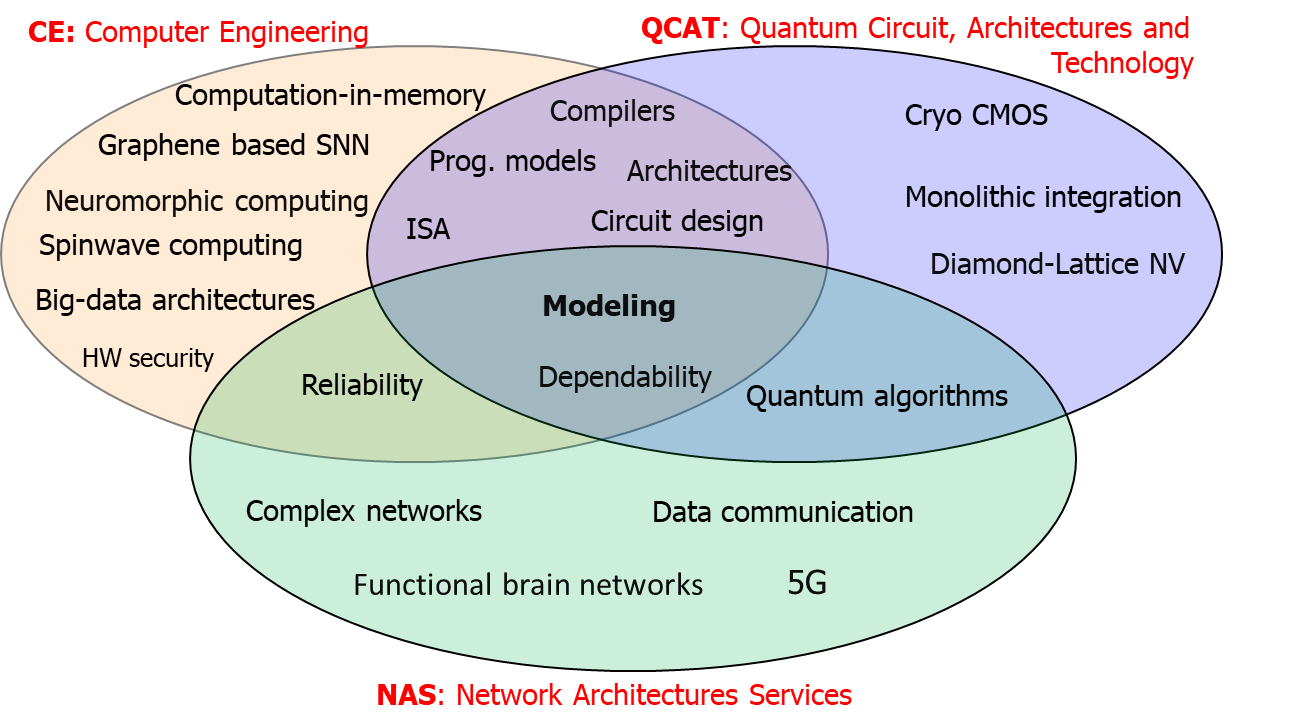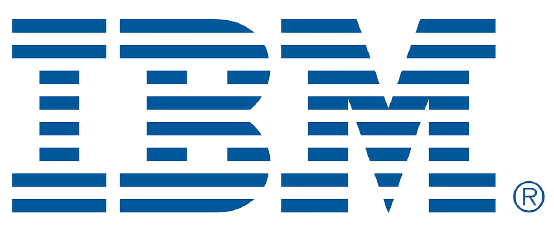Research
The department of Quantum and Computer Engineering (QCE) is one of the six departments in the faculty of Electrical Engineering, Mathematics and Computer Science (EEMCS) at Delft University of Technology. The QCE department research focuses on Computer and Network Architectures, with the ambition to keep its role among one of the top European research groups and become one of the top research group worldwide.
Computer Architectures: The research on Computer Architectures targets the invention, the design, the prototyping and the demonstration of disruptive computing accelerators/engines by making use of unique features of emerging devices (such as quantum bits, memristors, spintronics, graphene, etc.) while mainly targeting energy-constrained low-granularity computing for a wide range of edge applications, including AI, such as personalized healthcare, smart environments and drones. QCE research adapts a holistic approach in which it addresses the whole computing engine design stack (i.e., technology, circuit design, architectures, compilers, algorithms and applications) in order to maximize the computing efficiency, the main focus is on the middle layers (circuit design, architectures and compilers). This research goes hand in hand with the research on the dependability aspects of such designs such as testability and design-for-testability, reliability, security, etc. QCE has two research sections performing research on computer Architectures:
- Computer Engineering (CE) focusing on architectures related to neuromorphic computing, approximate computing, computation-in-memory, spin-wave computing, new hardware architectures for Artificial intelligence, big-data architectures, hardware dependability.
- Quantum Circuits, Architectures and Technology (QCAT) focusing on quantum computing, including the development of materials and integration techniques for quantum and classical components, the design of the electrical interfaces for quantum bits using Cryo-CMOS circuits/systems, and quantum architectures; it operates in close collaboration with QuTech.
Network Architectures: The research on network architectures targets the design, the management, and the control of resilient and secure Complex Interdependent Critical Infrastructures (such as telecom, 5G, power grid, transportation, water, gas, banking, etc.) by exploiting Network Science and Artificial Intelligence. In QCE, ‘’Network Architectures and Services NAS” conducts research in the broad area of complex networks, ranging from man-made infrastructures such as data communications and energy networks, to biological, brain, social and financial networks.
An overview of the different research topics within the three research groups and their synergies are shown in the figure below.









